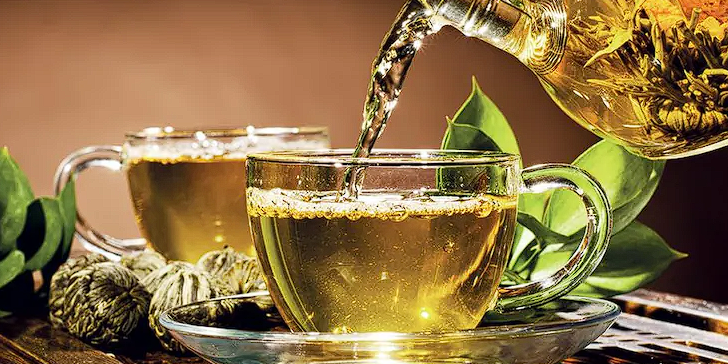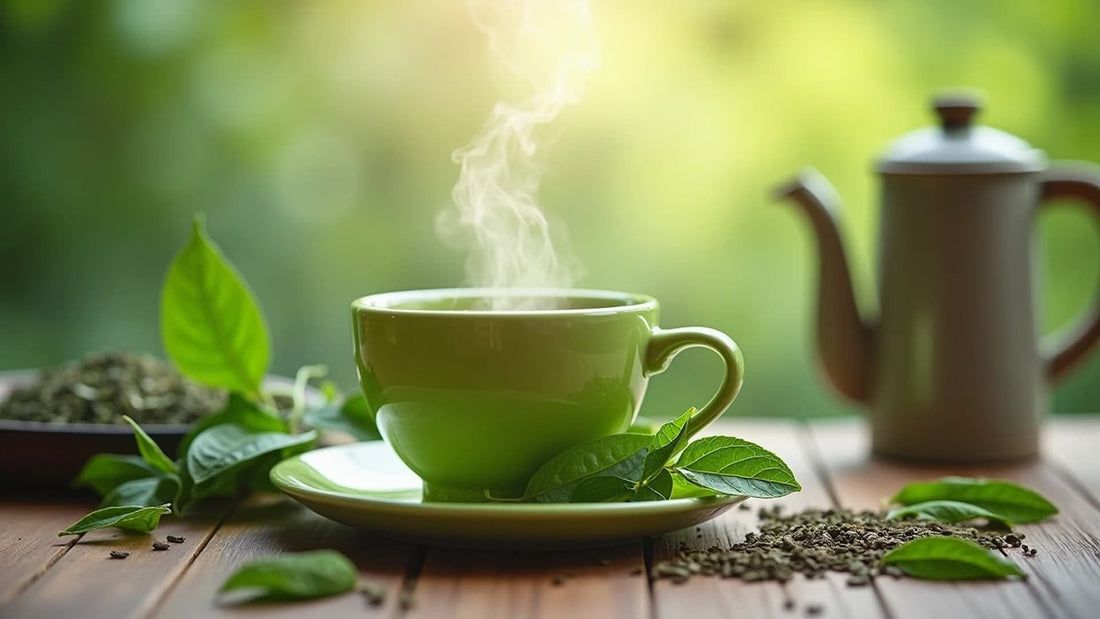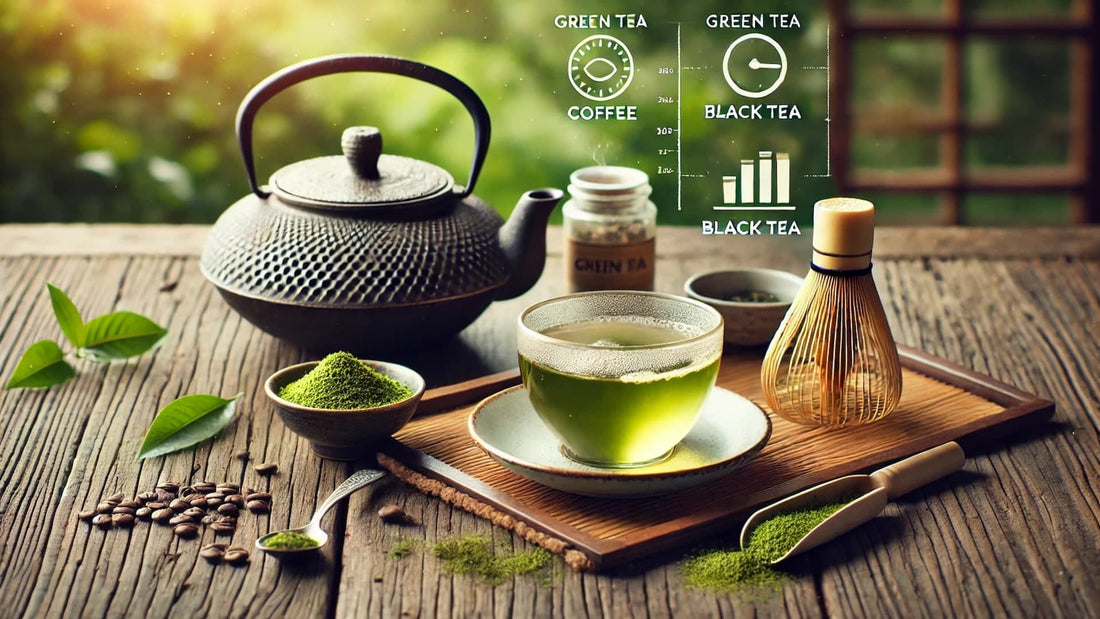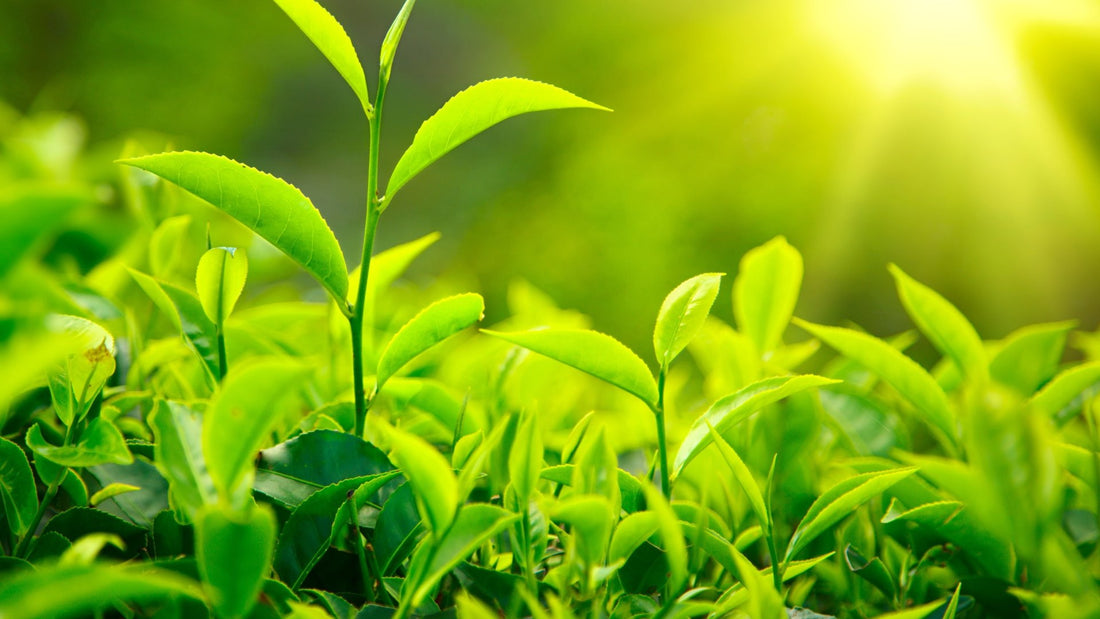The Role of Tea in British Culture and History Tea is an integral part of British culture, history, mentality, and daily life. The British consume tea an average of six times a day, making the United Kingdom one of the world’s major tea importers alongside Russia. In fact, the British population consumes nearly 50% of the world’s total tea volume. But why has tea become so beloved in Britain?
Tea reflects quintessential English traits: composure, conservatism, and restraint. The ritual of tea perfectly aligns with the British way of life, emphasizing organized and measured gatherings. It has even become a symbol of England itself. When people think of the British, they often associate them with tea, along with football, monarchy, and fog. Some say it’s easier to imagine England without a queen than without tea.
Historically, tea played a significant role in Britain. Its introduction and widespread adoption influenced the course of history. For instance, during the 18th century, tea consumption helped reduce gin consumption, leading to overall better health and increased life expectancy among the British population. Some historians even credit tea-drinking culture with supporting the British army during World War II. The legendary Prime Minister Winston Churchill claimed that tea boosted soldiers’ morale and contributed to victory over Germany.
Tea Varieties and Idioms Here are some popular tea varieties in English:
- English Breakfast Tea: A robust black tea often enjoyed with milk or lemon.
- Irish Breakfast Tea: Similar to English Breakfast, it’s a strong black tea served with milk and sugar.
- Earl Grey: A black tea infused with bergamot oil, known for its distinctive flavor.
Tea Idioms:
- “My cup of tea”: Refers to something one enjoys or is knowledgeable about.
- “To take tea with somebody”: Symbolizes having a relationship with someone.
- Welsh proverb: “Three comforts of old age: fire, tea, and tobacco.”
So, whether you’re sipping a cup of Earl Grey or enjoying a traditional English afternoon tea, remember that tea is more than just a beverage—it’s a cultural treasure!





